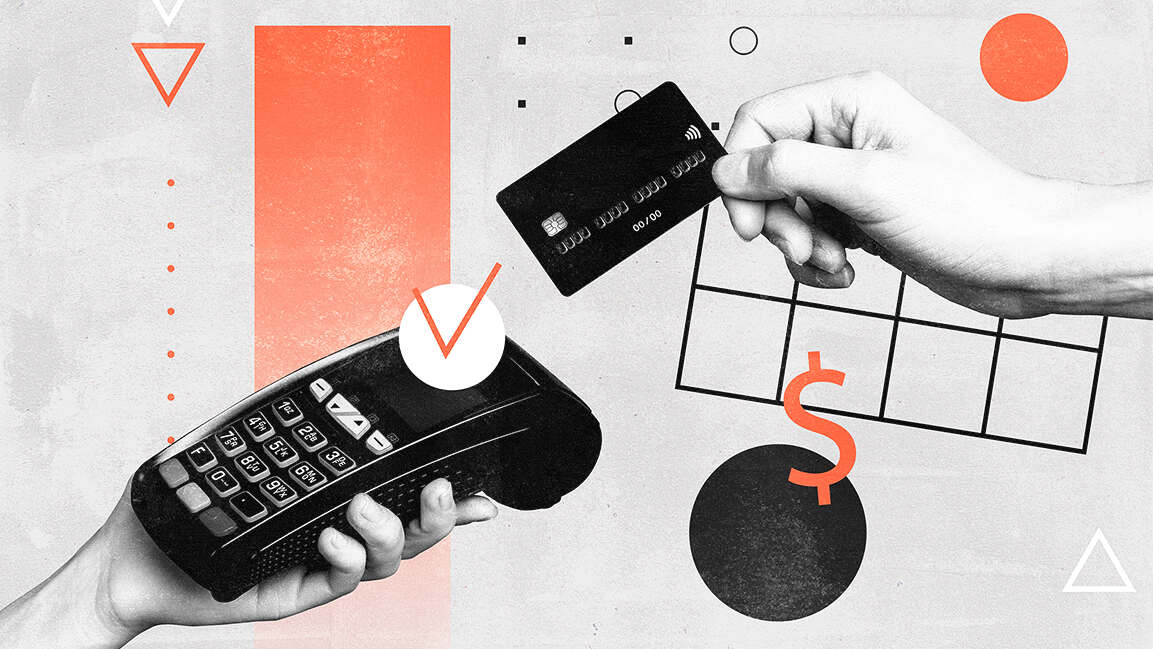- | 12:00 pm
Qatar Central Bank reports $3.75 billion in April transactions as Qatar pushes digital payment strategy
The majority of these transactions—58%—were conducted through Point of Sale (PoS) terminals.

As part of Qatar’s ongoing push toward a cashless economy and the digital transformation of financial services, the country’s payment systems recorded significant activity in April, with total transactions reaching $3.75 billion across 50.5 million operations, according to the Qatar Central Bank (QCB).
The majority of these transactions—58%—were conducted through Point of Sale (PoS) terminals. E-commerce accounted for 26%, while the instant payment platform Fawran made up 15%. Qatar Mobile Payment contributed the remaining 1%.
PoS activity amounted to $2.17 billion from 40.11 million transactions. E-commerce followed with $971 million across 8.95 million transactions. Fawran processed 1.3 million transactions valued at $578.77 million, and the number of registered Fawran accounts reached 3.03 million in April.
To support the country’s evolving financial ecosystem, the Qatar Central Bank (QCB) launched the National Network System for ATMs and Points of Sale (NAPS) in 1996. NAPS enables the use of debit and prepaid cards across ATMs, PoS terminals, and e-commerce platforms in the GCC and Egypt. It supports cards issued by QCB-regulated banks as well as banks across the broader region.
“NAPS is one of the first switches in the region to achieve full (EMV) compliance both as an acquirer and issuer,” according to the QCB.
The system was upgraded in 2023 to align with the latest global card industry standards. It now offers 24/7 availability, card tokenization, and cardless payment options. All Qatari banks are part of the NAPS network.
Fawran, introduced as a key element of the third financial sector strategy, reflects QCB’s commitment to building a modern, secure, and efficient payment infrastructure.
Designed with advanced technology and stringent security protocols, Fawran enables real-time fund transfers while ensuring data confidentiality.
“One of the most prominent advantages provided by the instant payment service is enabling bank customers to send and receive money in the country immediately, and within moments. It will also be available round-the-clock without interruption,” QCB stated.
“This initiative plays a significant role in strengthening the financial sector, providing diverse payment options for all segments of society, facilitating payment processes, and reducing reliance on cash, thereby lowering associated costs,” it added.































